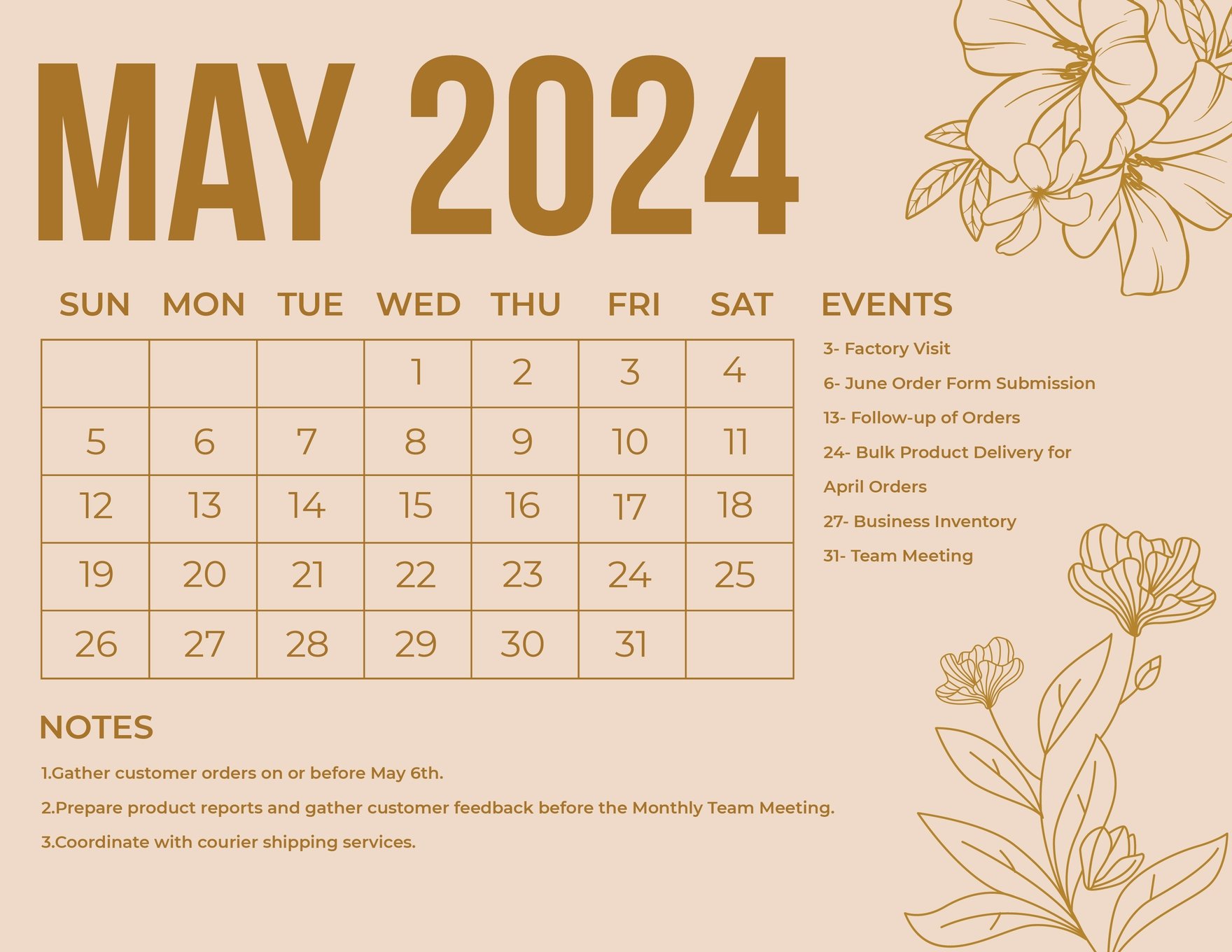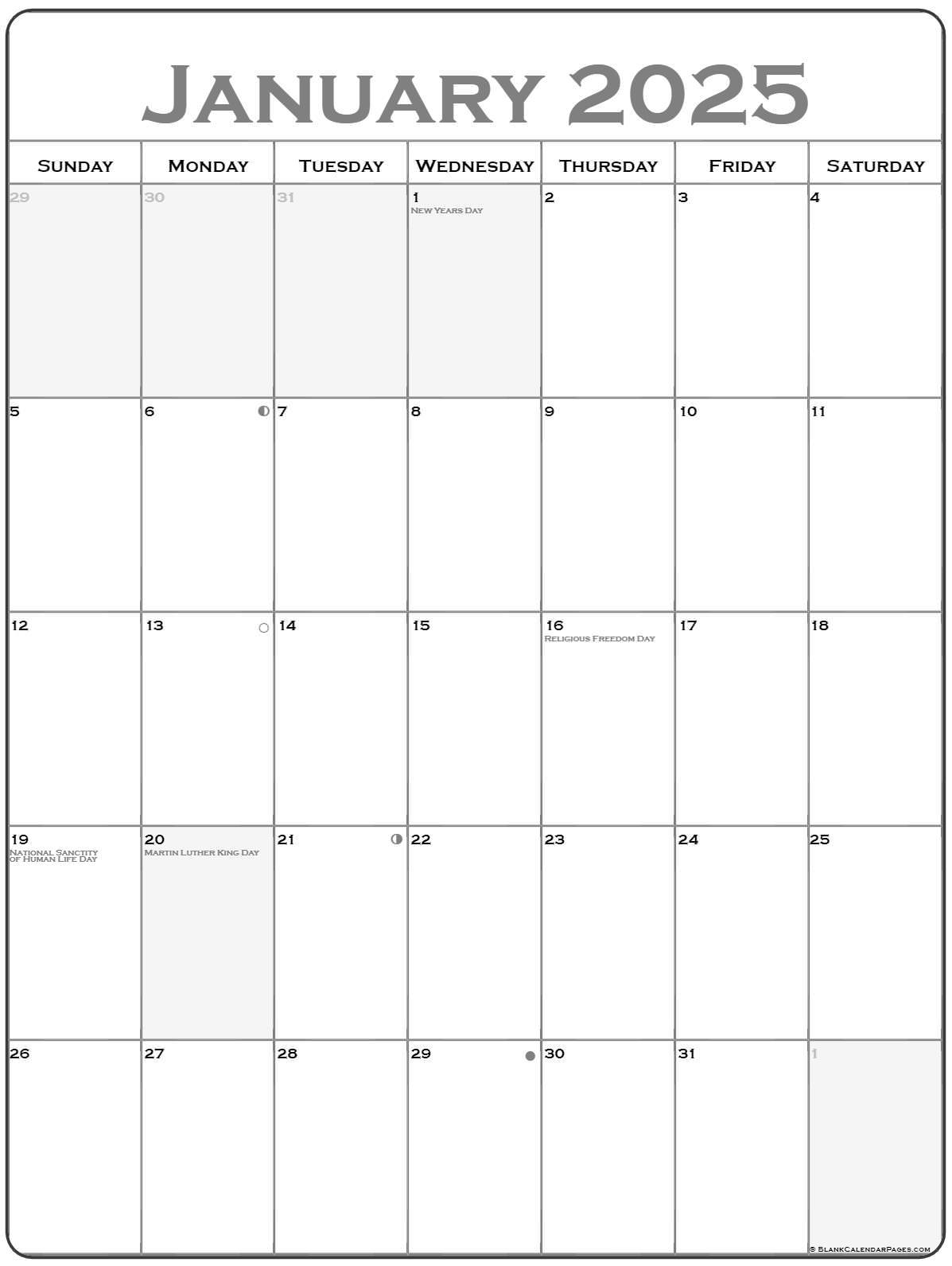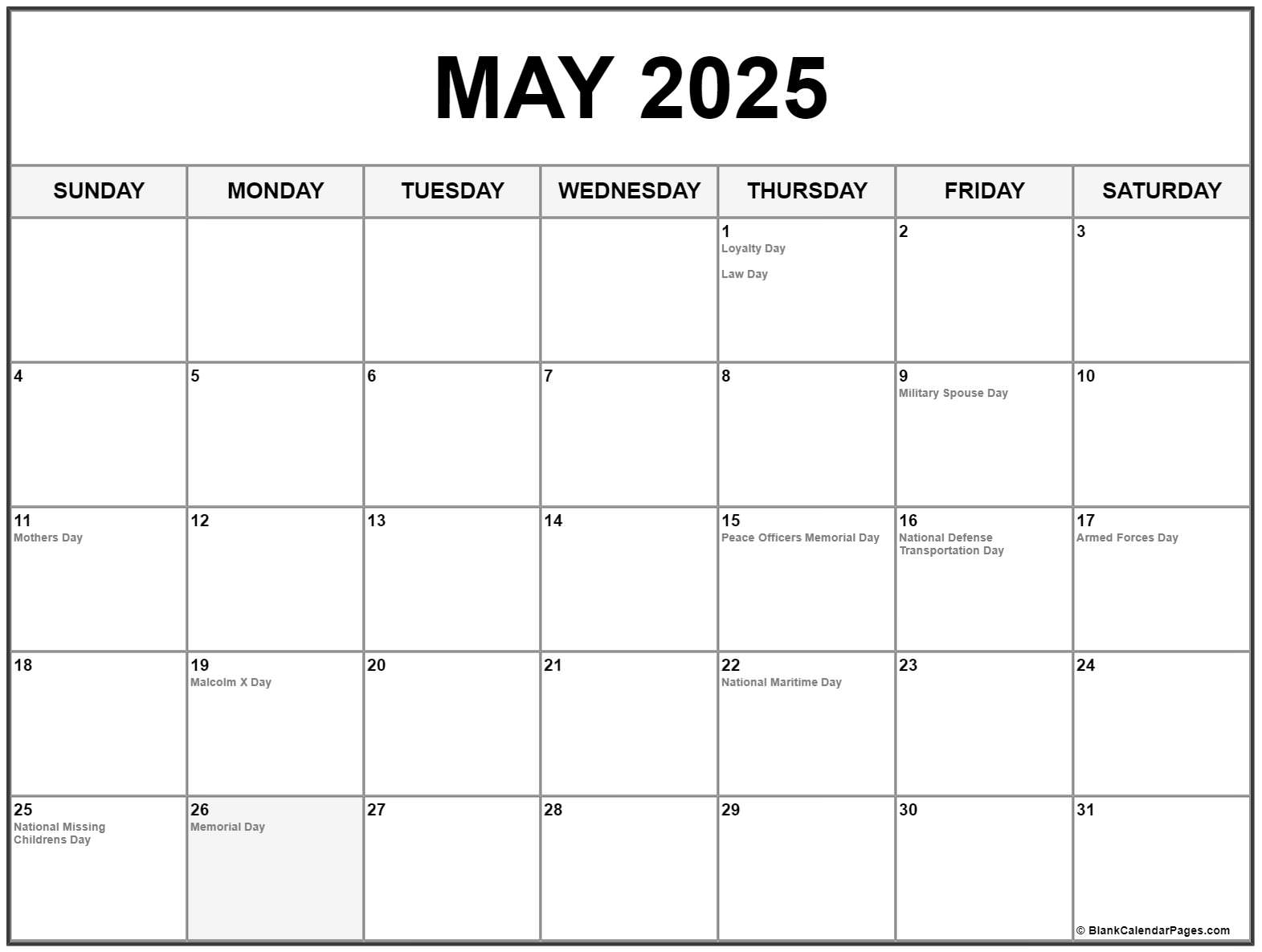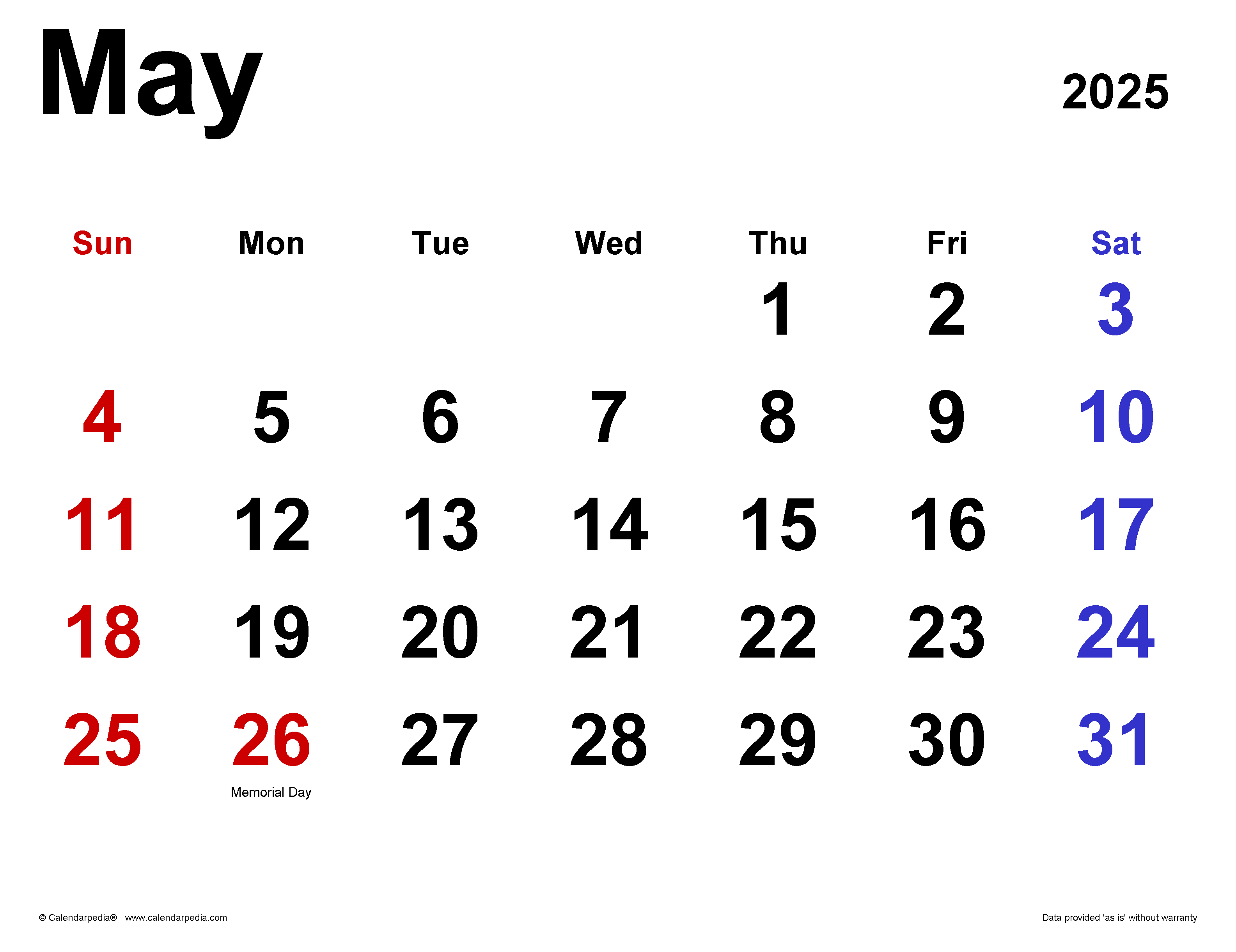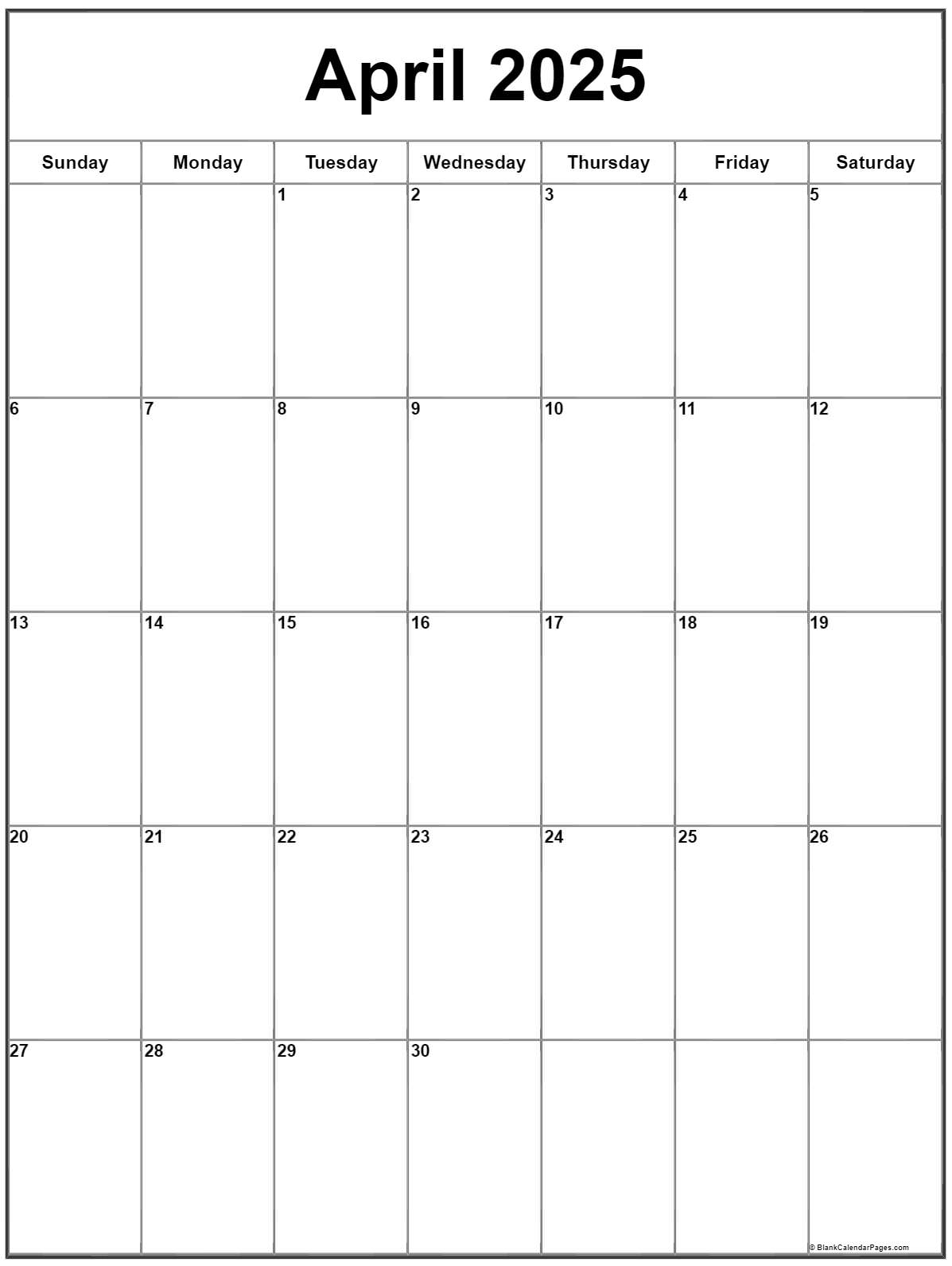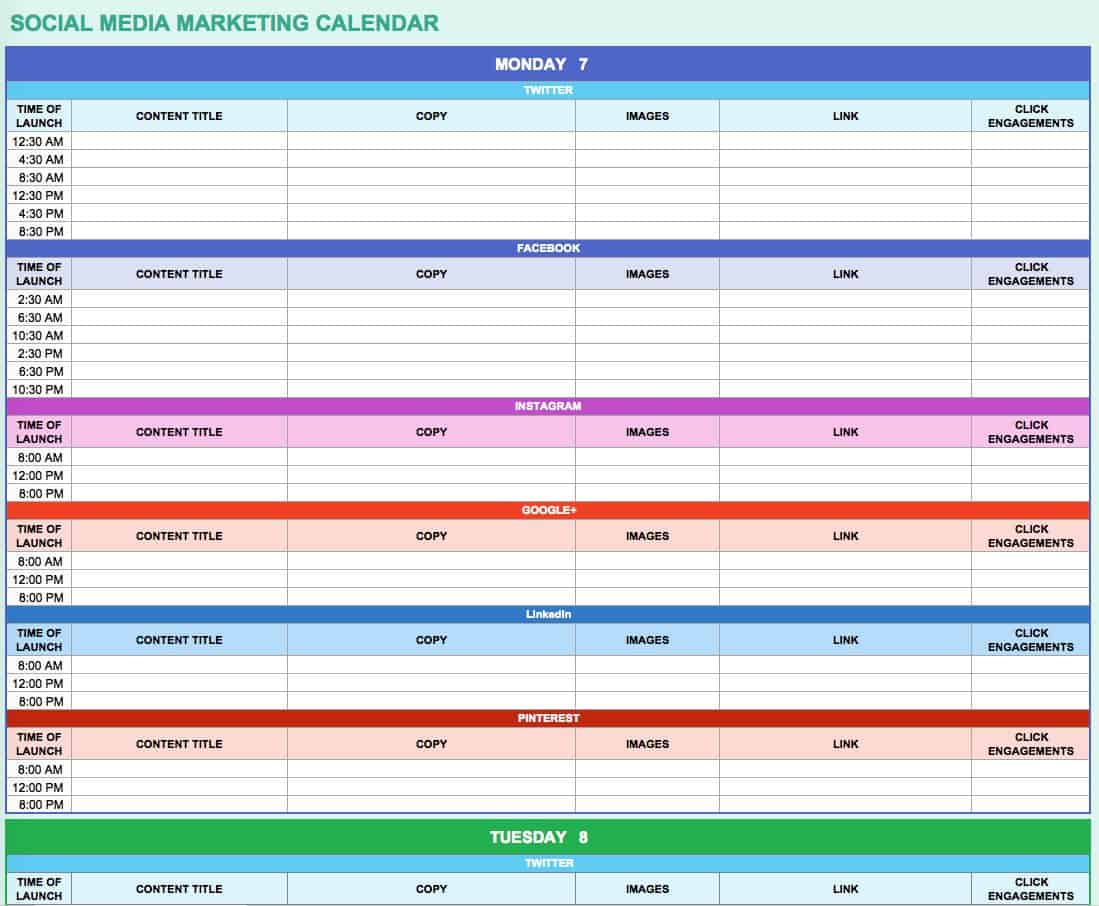With May 2025 Calendar How To Plan Events
Mastering May 2025: A Comprehensive Guide to Event Planning
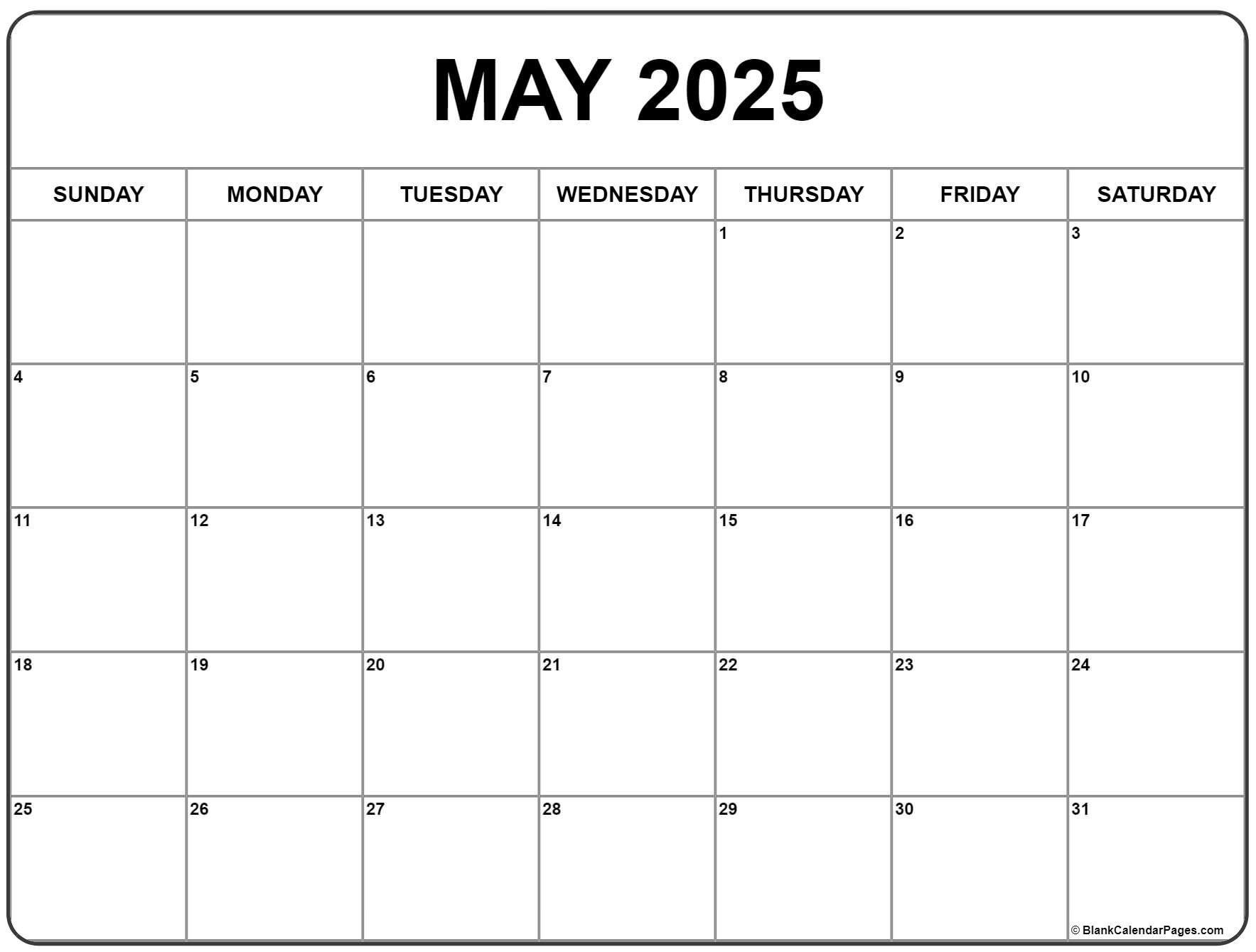
May 2025 beckons, a month brimming with potential for celebrations, conferences, and everything in between. Whether you’re planning a small family gathering or a large-scale corporate event, meticulous planning is key to success. This article will guide you through the process, using a hypothetical May 2025 calendar as a framework, offering practical tips and strategies to ensure your event is memorable and runs smoothly.
I. Understanding the May 2025 Landscape:
Before diving into the planning, let’s consider the specific context of May 2025. While a specific calendar is not provided (as the exact day of the week for each date varies from year to year), we can assume a typical month structure. This allows us to focus on general principles applicable to any May.
Key factors to consider include:
- Weekdays vs. Weekends: Weekends generally attract larger attendance, but also command higher venue and vendor costs. Consider your target audience and the type of event when choosing your dates.
- Holidays and Public Events: Check for any national, regional, or local holidays that might impact attendance or resource availability. May often sees Mother’s Day and Memorial Day (in the US) which could influence your planning. Be aware of potential conflicts with other large-scale events in your area.
- Weather: May’s weather can be unpredictable, ranging from pleasant sunshine to unexpected showers. Outdoor events need contingency plans for inclement weather.
- School Schedules: If your event targets families or involves children, consider school calendars. Avoid scheduling during school holidays or exam periods.
II. The Event Planning Process: A Step-by-Step Guide
Effective event planning follows a structured approach. Let’s break down the key stages:
A. Defining Objectives and Target Audience:
- What’s the purpose of your event? Is it a celebration, a fundraising drive, a product launch, a conference, or something else? Clearly defining your objectives will guide all subsequent decisions.
- Who is your target audience? Understanding their demographics, interests, and expectations will shape your event’s theme, venue, and activities. Consider factors like age, income level, location, and interests.
B. Setting a Budget and Timeline:
- Budgeting: Create a detailed budget encompassing all anticipated expenses: venue rental, catering, marketing, entertainment, decorations, staffing, technology, and contingency funds. Secure funding sources early.
- Timeline Creation: Develop a realistic timeline with clear deadlines for each task. Work backward from the event date, assigning specific responsibilities and allocating sufficient time for each stage. A Gantt chart can be incredibly helpful here. For a May 2025 event, start planning at least 6-12 months in advance, especially for larger events.
C. Venue Selection and Logistics:
- Venue Selection: Choose a venue that aligns with your budget, target audience, and event objectives. Consider factors like capacity, accessibility, amenities, location, and parking.
- Logistics: Arrange for necessary equipment (audio-visual, lighting, furniture), catering, transportation, security, and waste management. Confirm all bookings and contracts well in advance.
D. Marketing and Promotion:
- Marketing Strategy: Develop a comprehensive marketing strategy to reach your target audience. Utilize various channels like social media, email marketing, print advertising, and public relations.
- Promotional Materials: Create engaging promotional materials, including invitations, flyers, brochures, and website content. Highlight key aspects of your event and encourage early registration or ticket purchase.
E. Event Day Management:
- Detailed Schedule: Create a detailed schedule outlining the sequence of events on the day. Assign responsibilities to team members and ensure clear communication channels.
- Contingency Planning: Develop contingency plans to address potential problems, such as inclement weather, technical glitches, or low attendance.
- On-site Management: Ensure smooth coordination on the day of the event, addressing any unforeseen issues promptly and effectively.
III. Utilizing a Hypothetical May 2025 Calendar for Planning:
While a specific May 2025 calendar isn’t provided, we can use a general framework. Imagine a calendar with the following considerations:
- Weekends in May: Identify key weekends for larger events. Consider the potential impact of holidays like Mother’s Day and Memorial Day. Are these days suitable for your event, or will they impact attendance?
- Mid-week Events: Weekday events might be more cost-effective but require careful consideration of attendee availability.
- Specific Dates: If your event requires a specific date (e.g., a birthday celebration), work backward from that date to plan the other aspects.
- Flexibility: Build flexibility into your calendar. Unexpected circumstances may necessitate adjustments to your schedule.
IV. Specific Event Types and Planning Considerations:
The planning process will vary depending on the type of event:
- Weddings: Requires extensive planning, including venue booking, catering, photographer, florist, and entertainment. A detailed timeline and budget are crucial.
- Conferences: Involves speaker coordination, registration management, venue setup for presentations and networking, and potentially accommodation arrangements for attendees.
- Corporate Events: Focuses on achieving specific business objectives, such as team building, product launches, or client appreciation.
- Fundraising Events: Requires careful planning of fundraising activities, marketing to attract donors, and transparent financial management.
- Family Gatherings: While simpler, still requires planning for guest lists, catering, activities, and potentially accommodations.
V. Post-Event Evaluation:
After the event, conduct a thorough evaluation to assess its success. Gather feedback from attendees, review financial records, and identify areas for improvement in future events. This feedback loop is crucial for continuous improvement.
Conclusion:
Planning an event in May 2025, or any month, requires careful attention to detail and a structured approach. By following the steps outlined above and using a hypothetical calendar as a guide, you can significantly increase your chances of hosting a successful and memorable event. Remember, thorough planning, flexibility, and effective communication are the cornerstones of any successful event. Start early, stay organized, and enjoy the process of bringing your vision to life.
